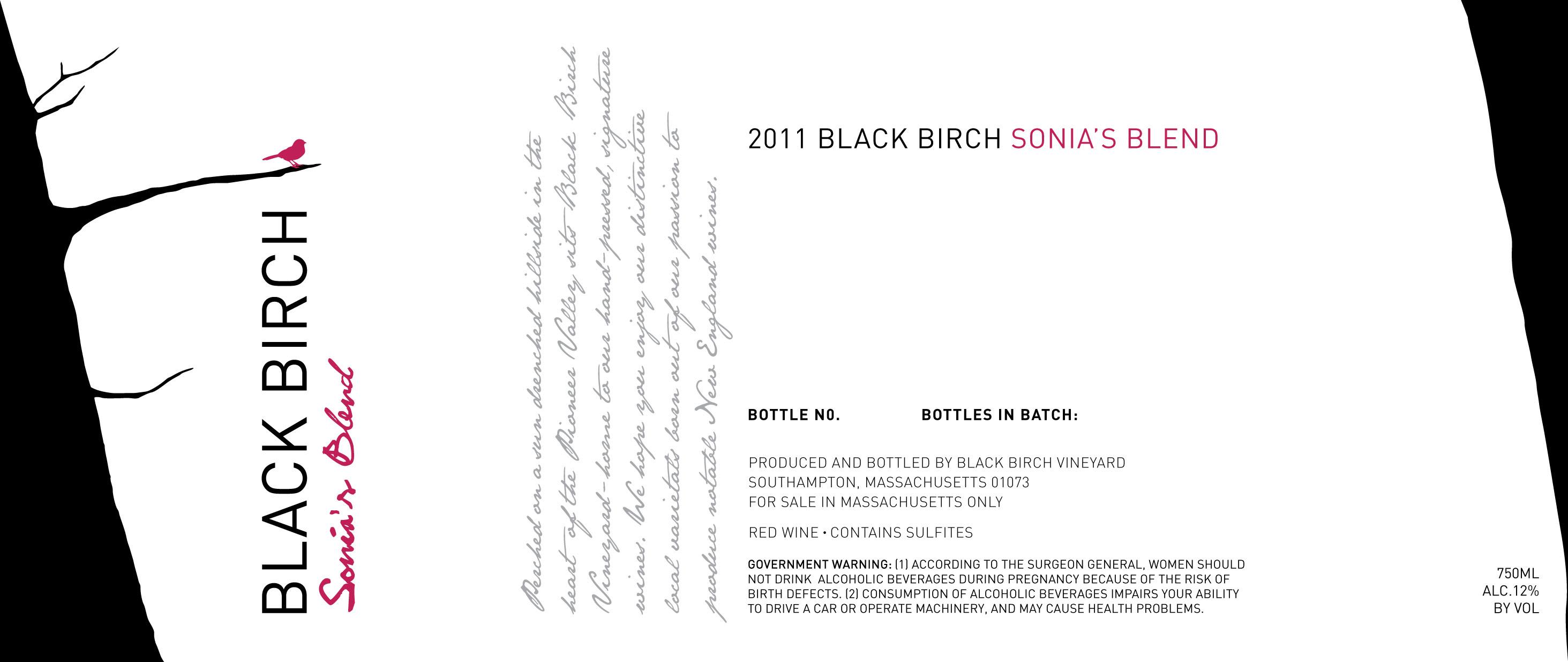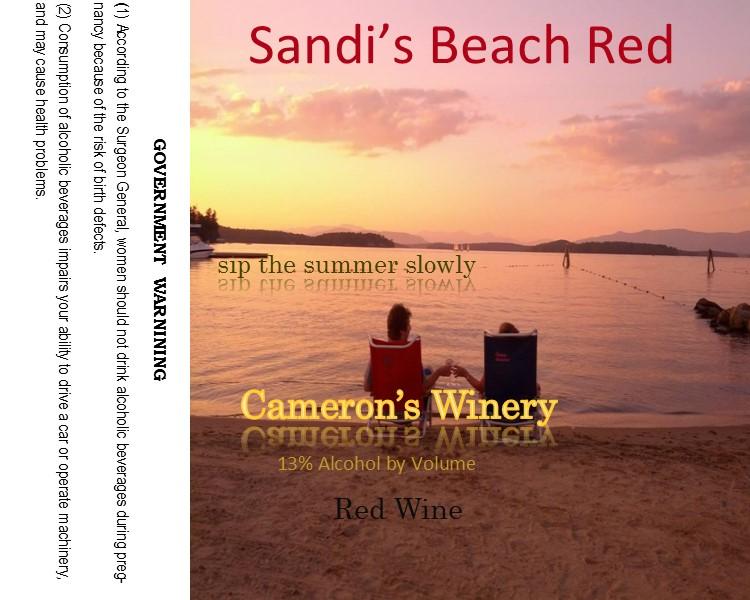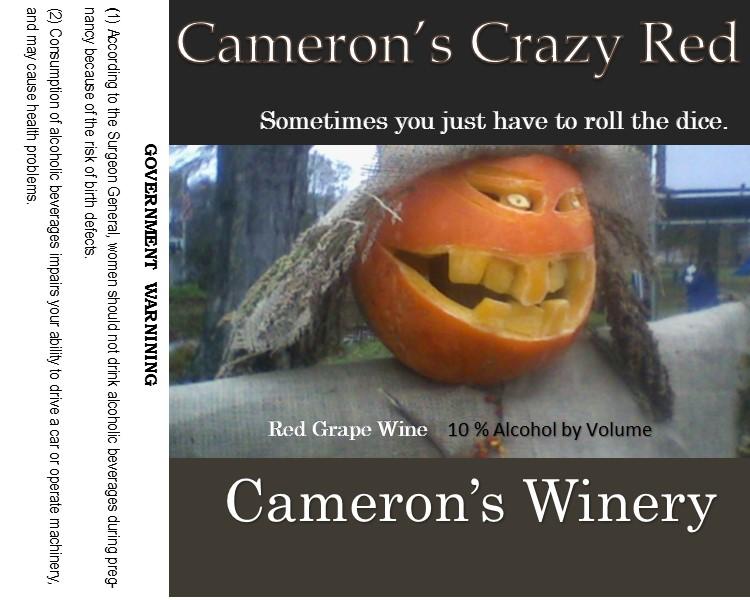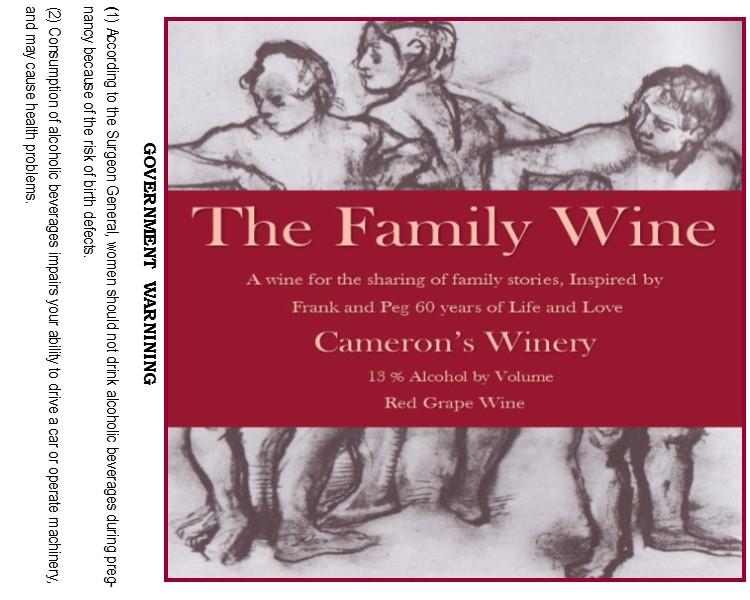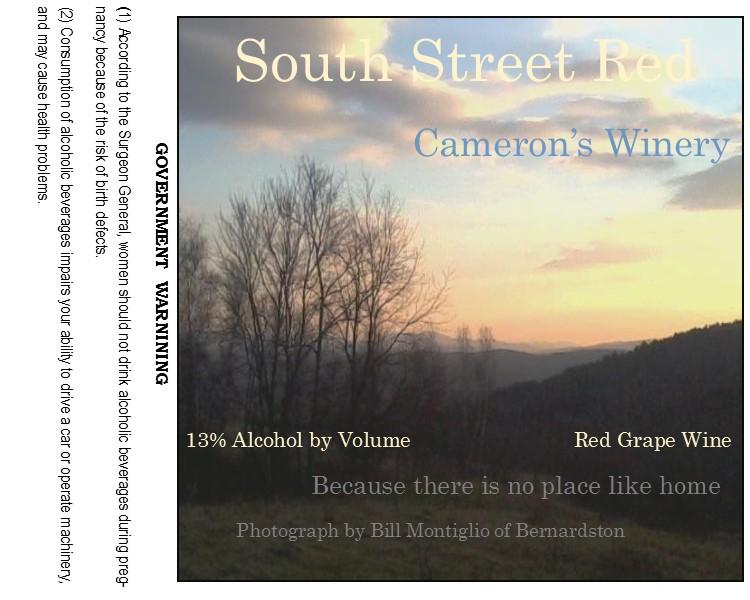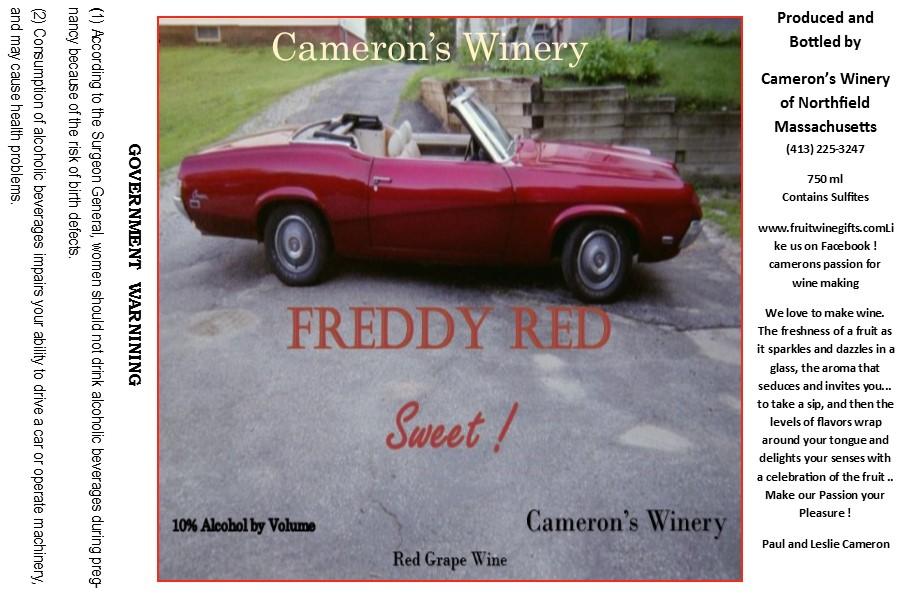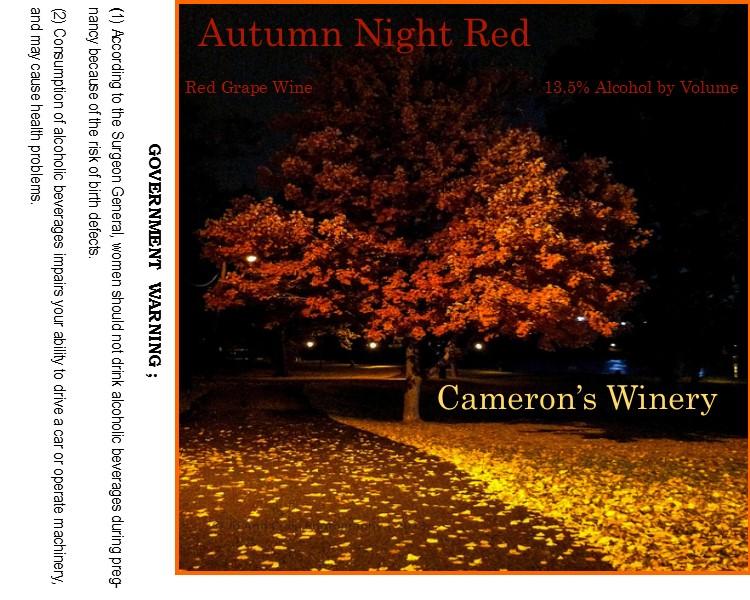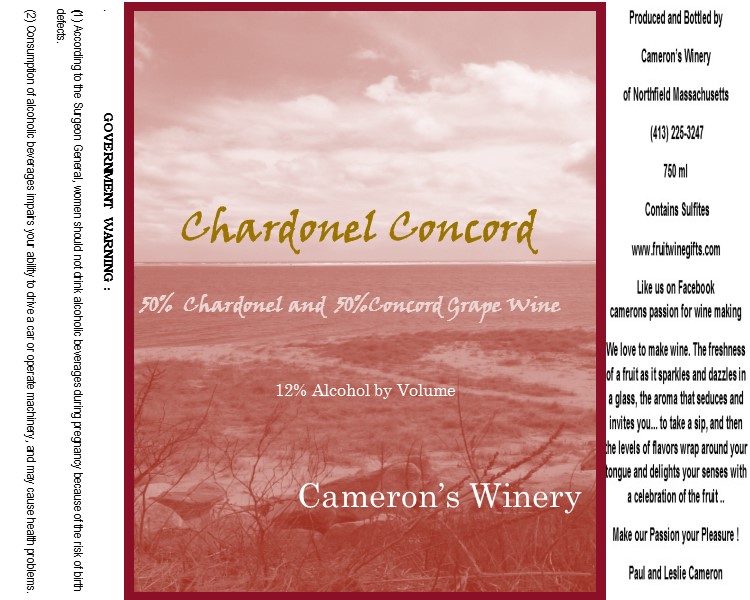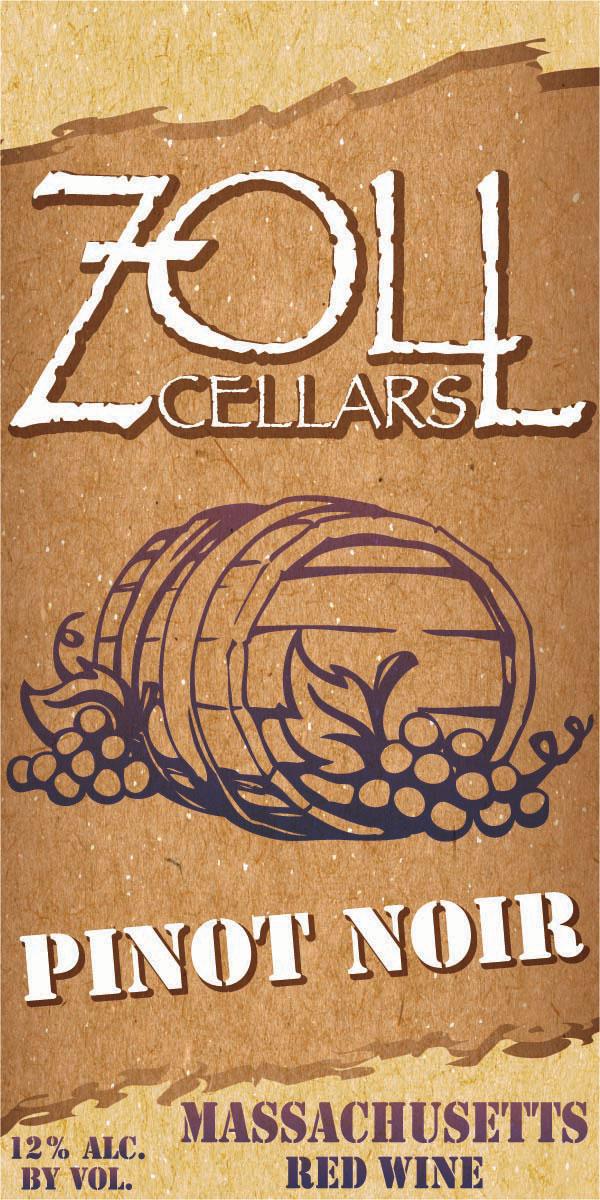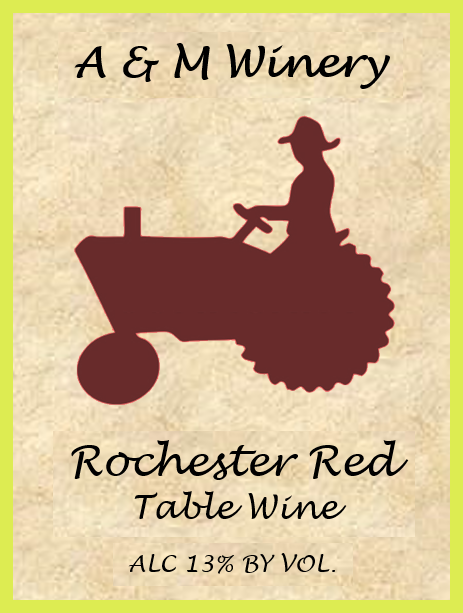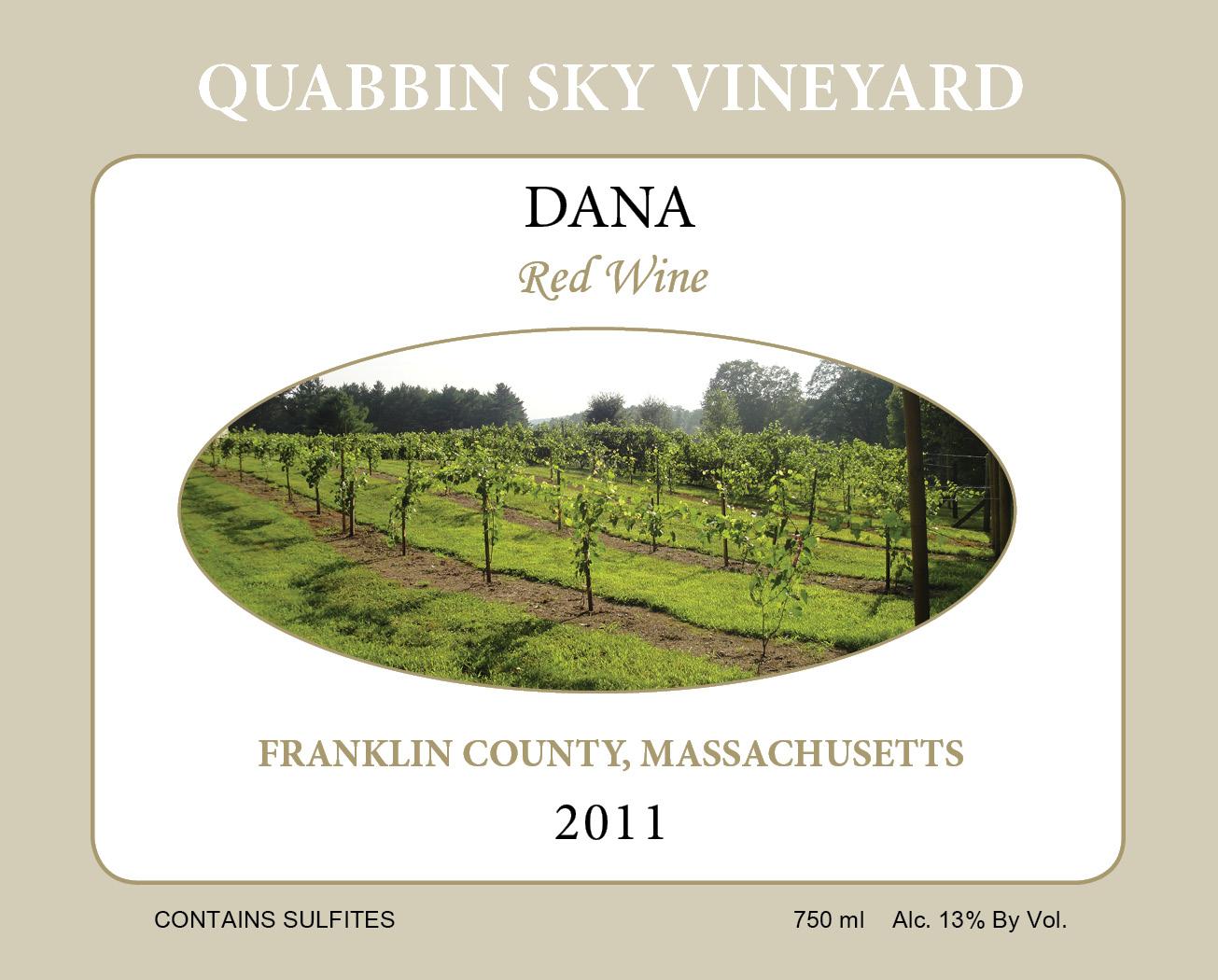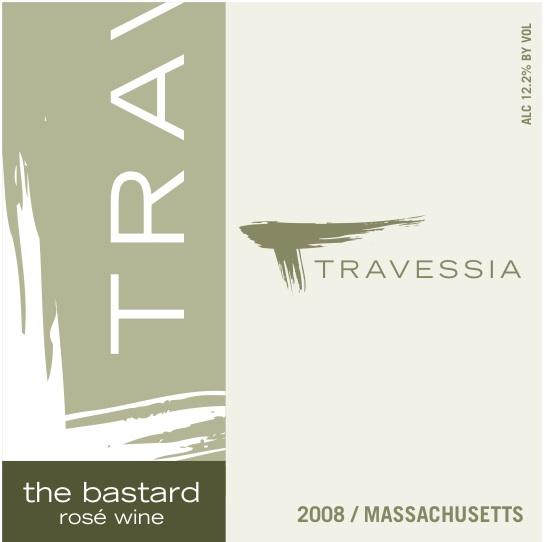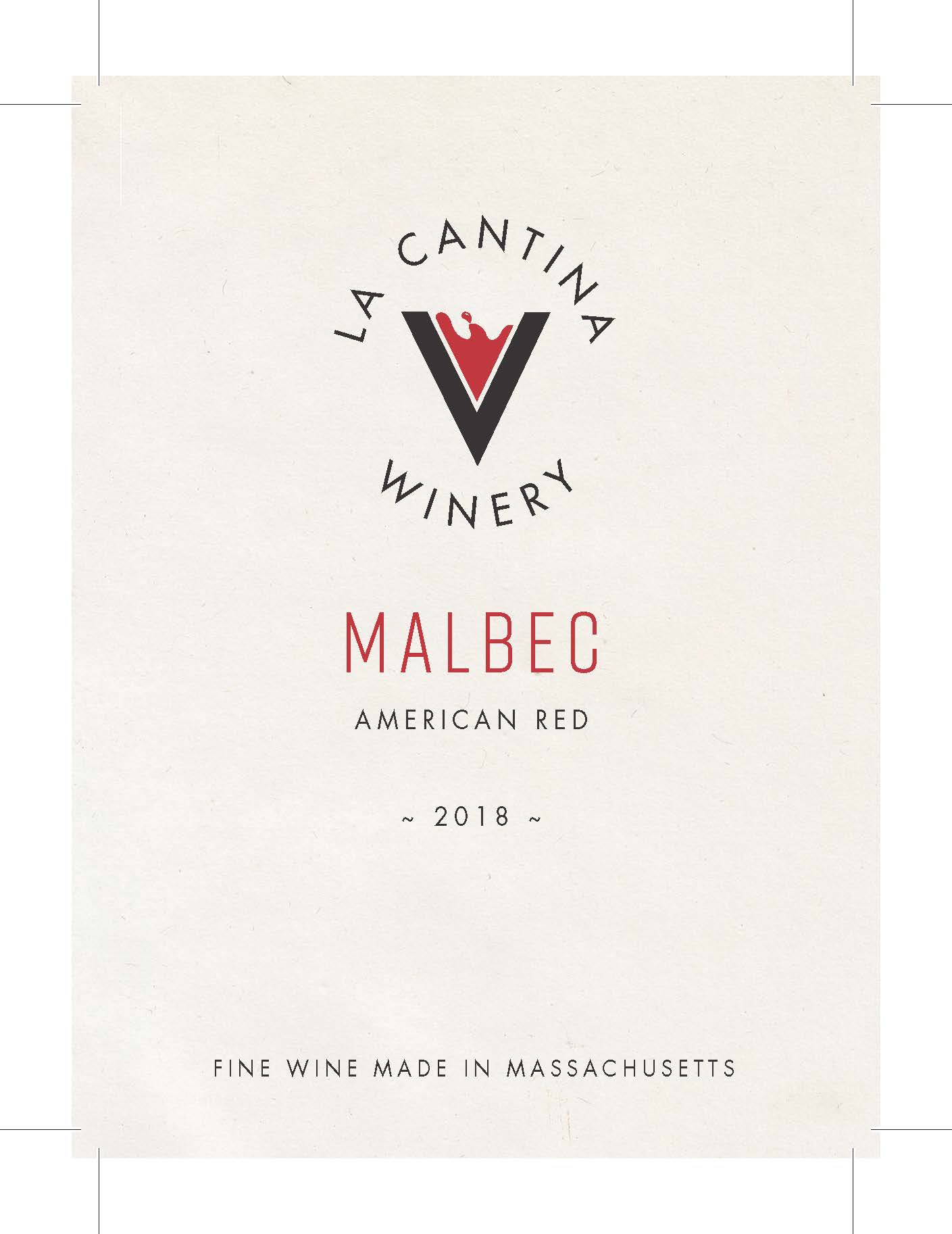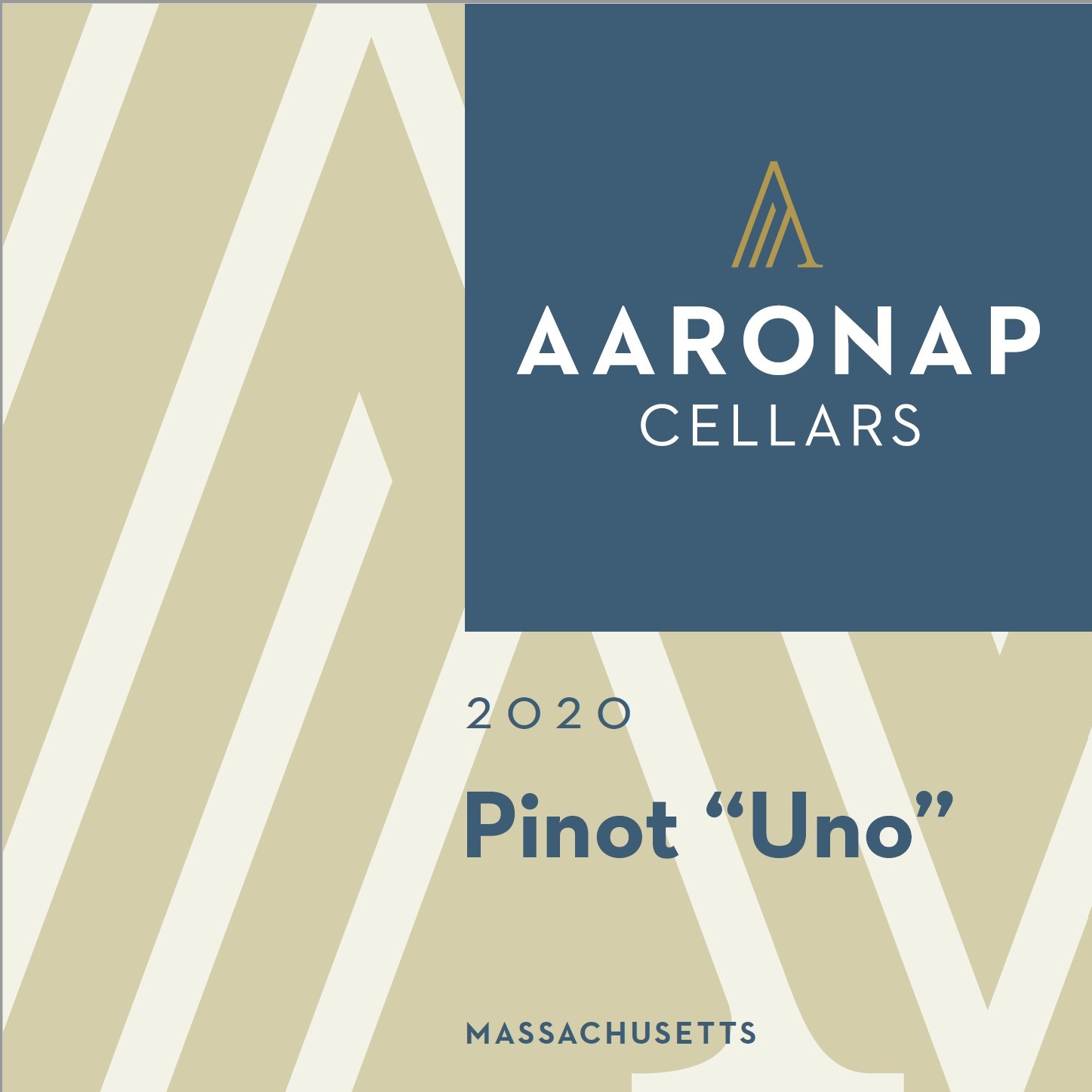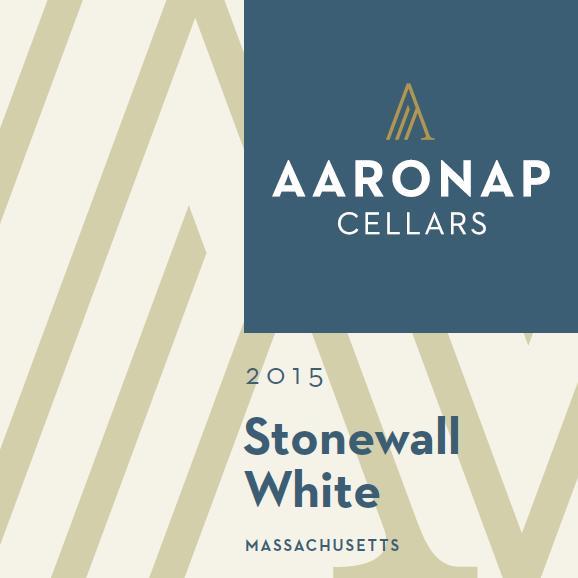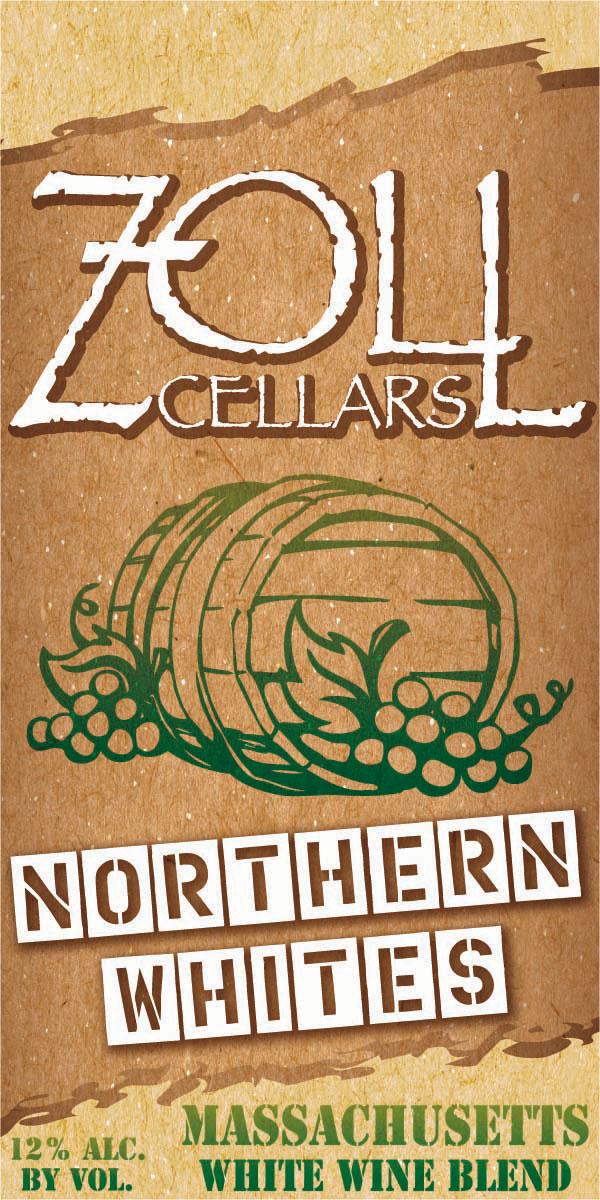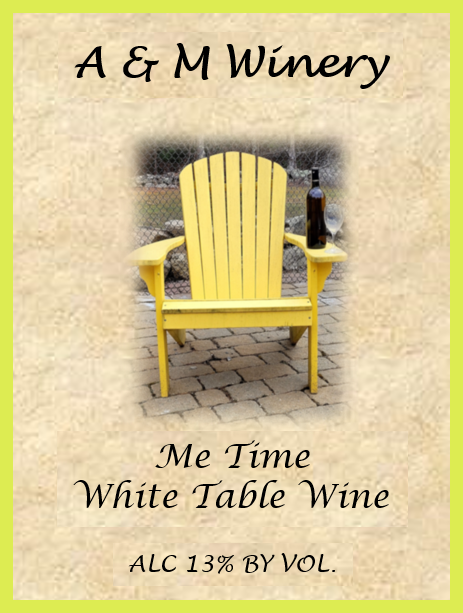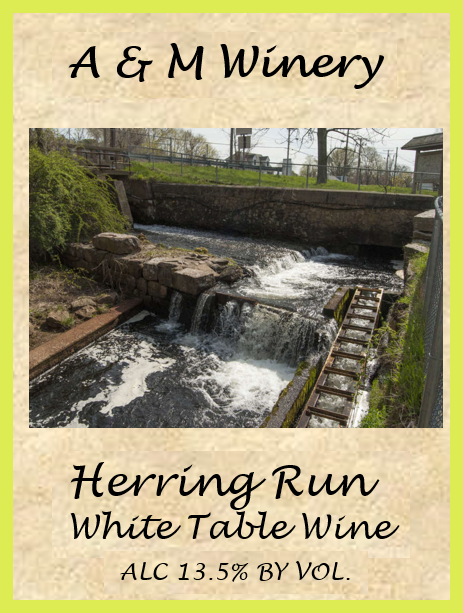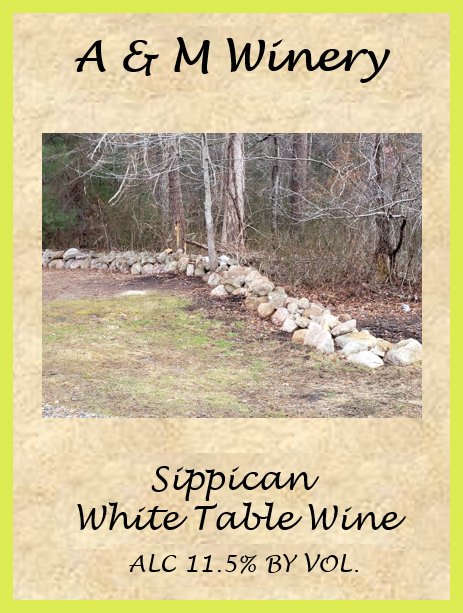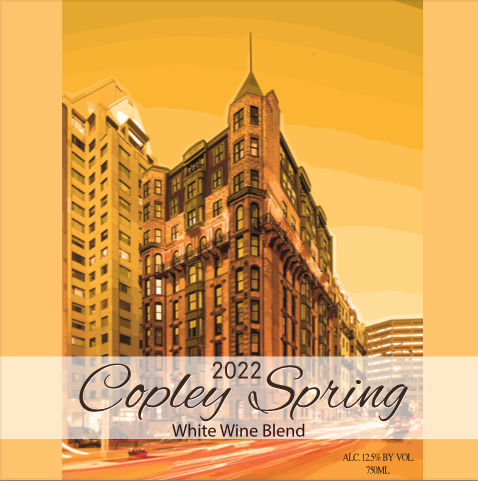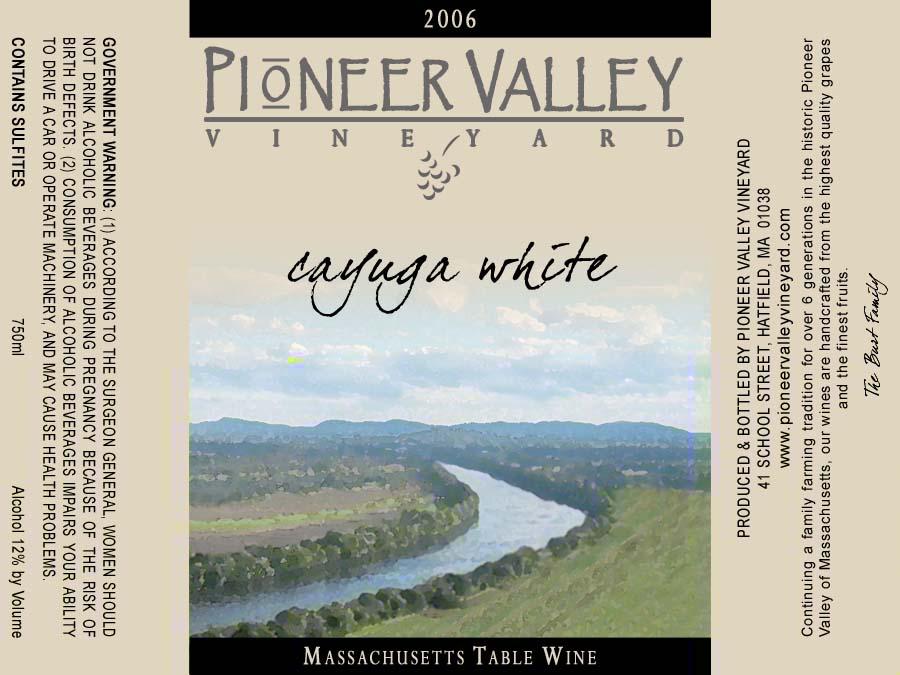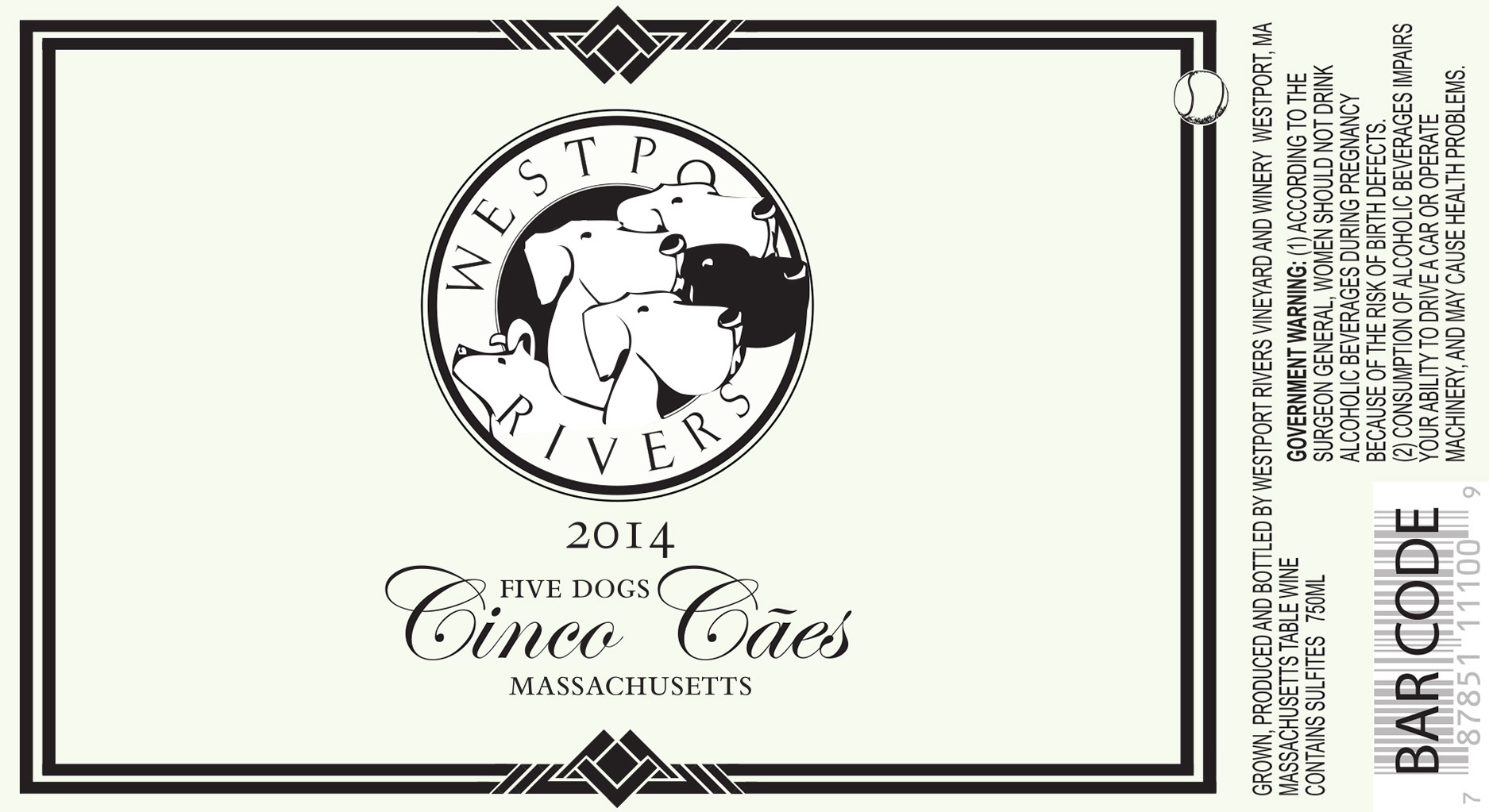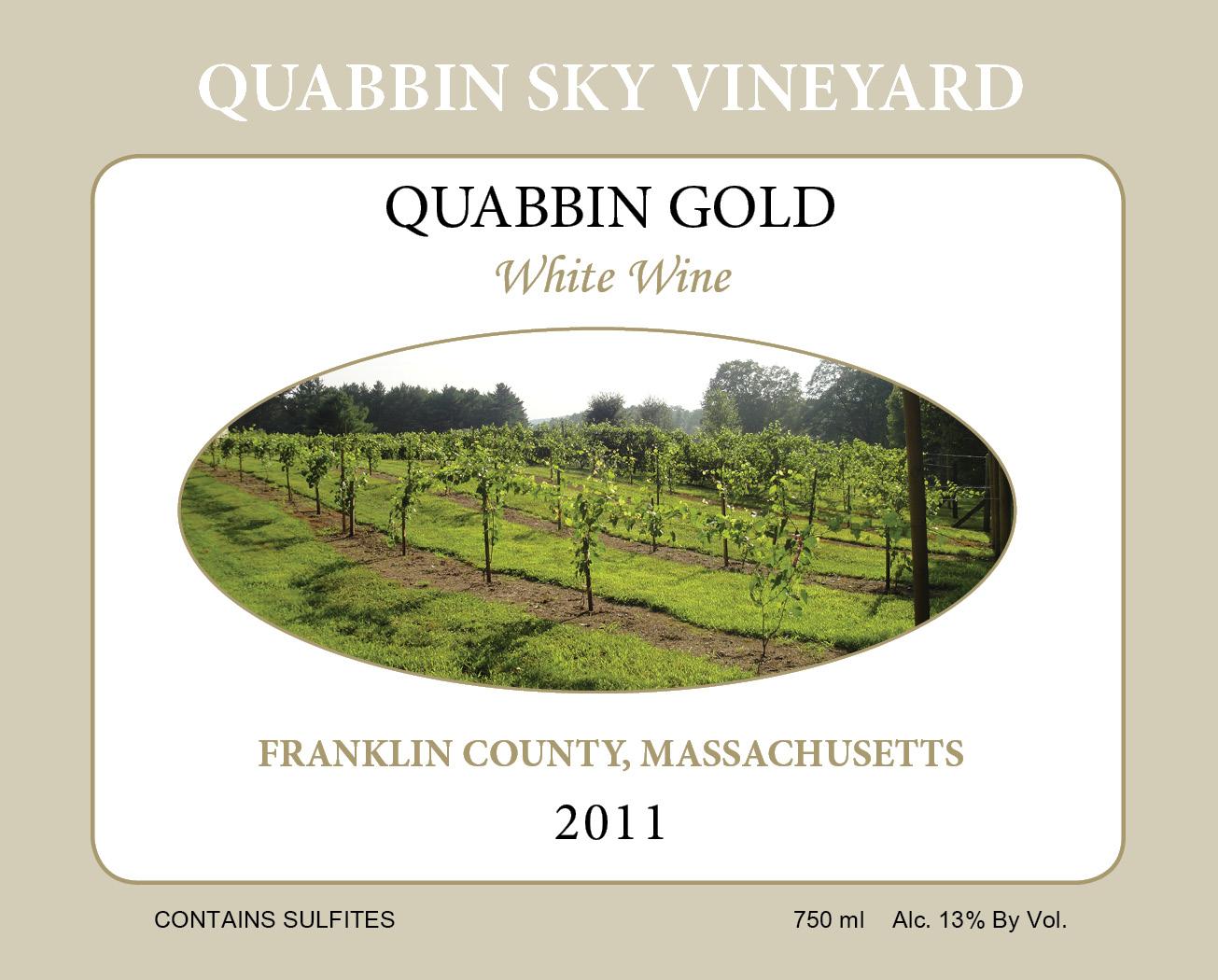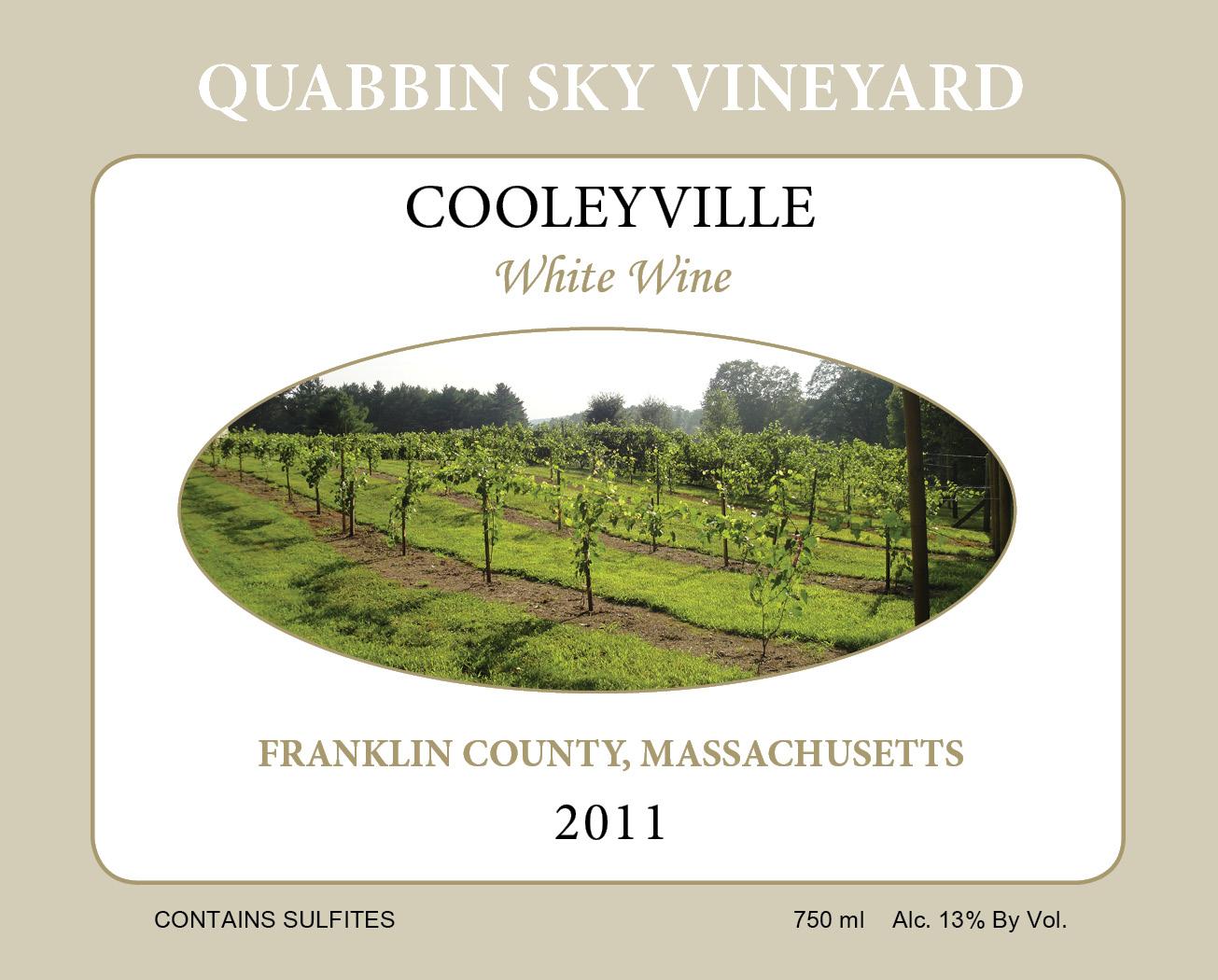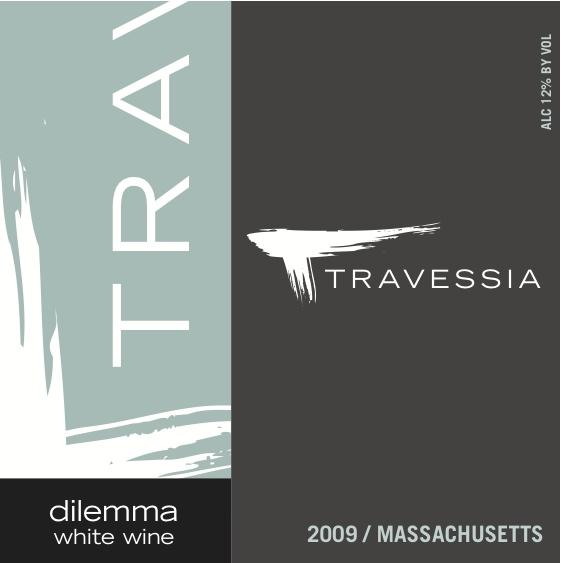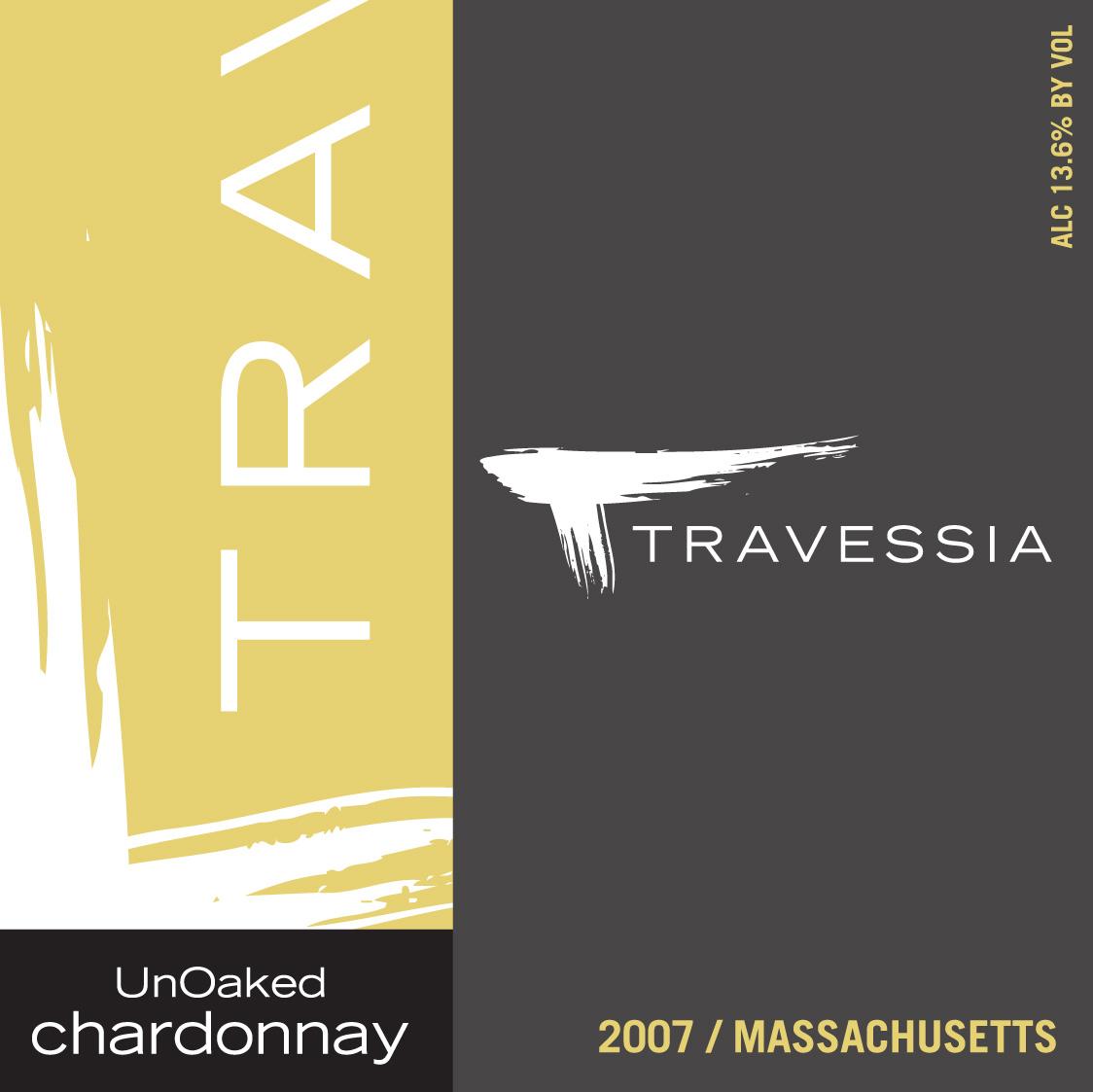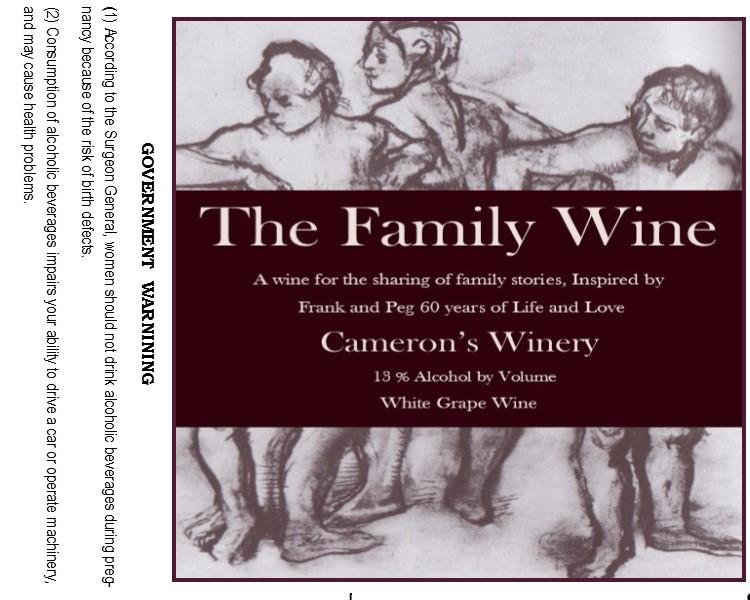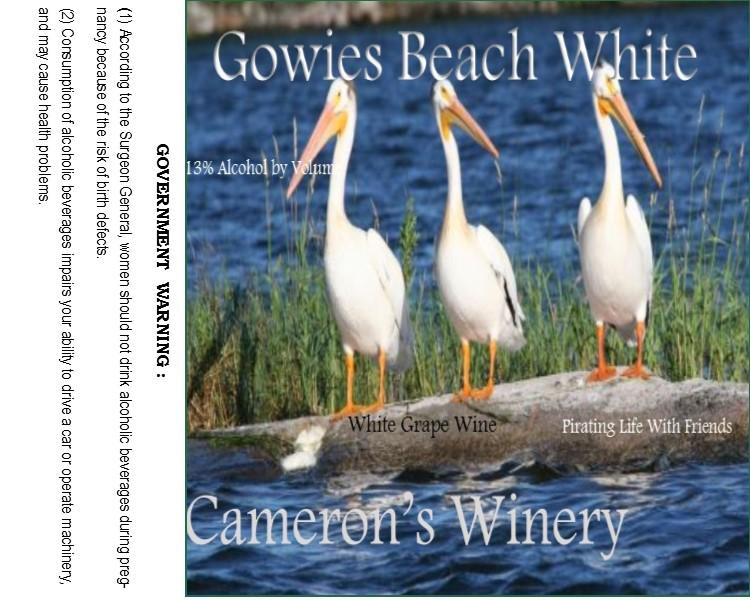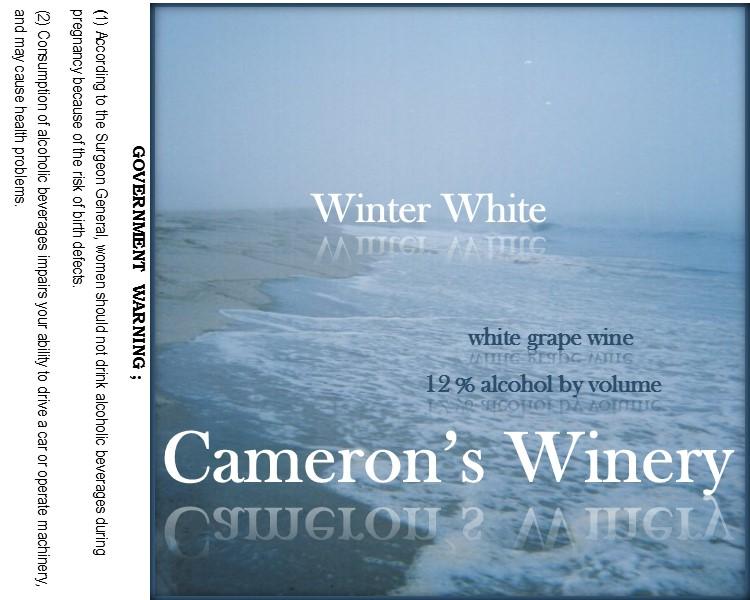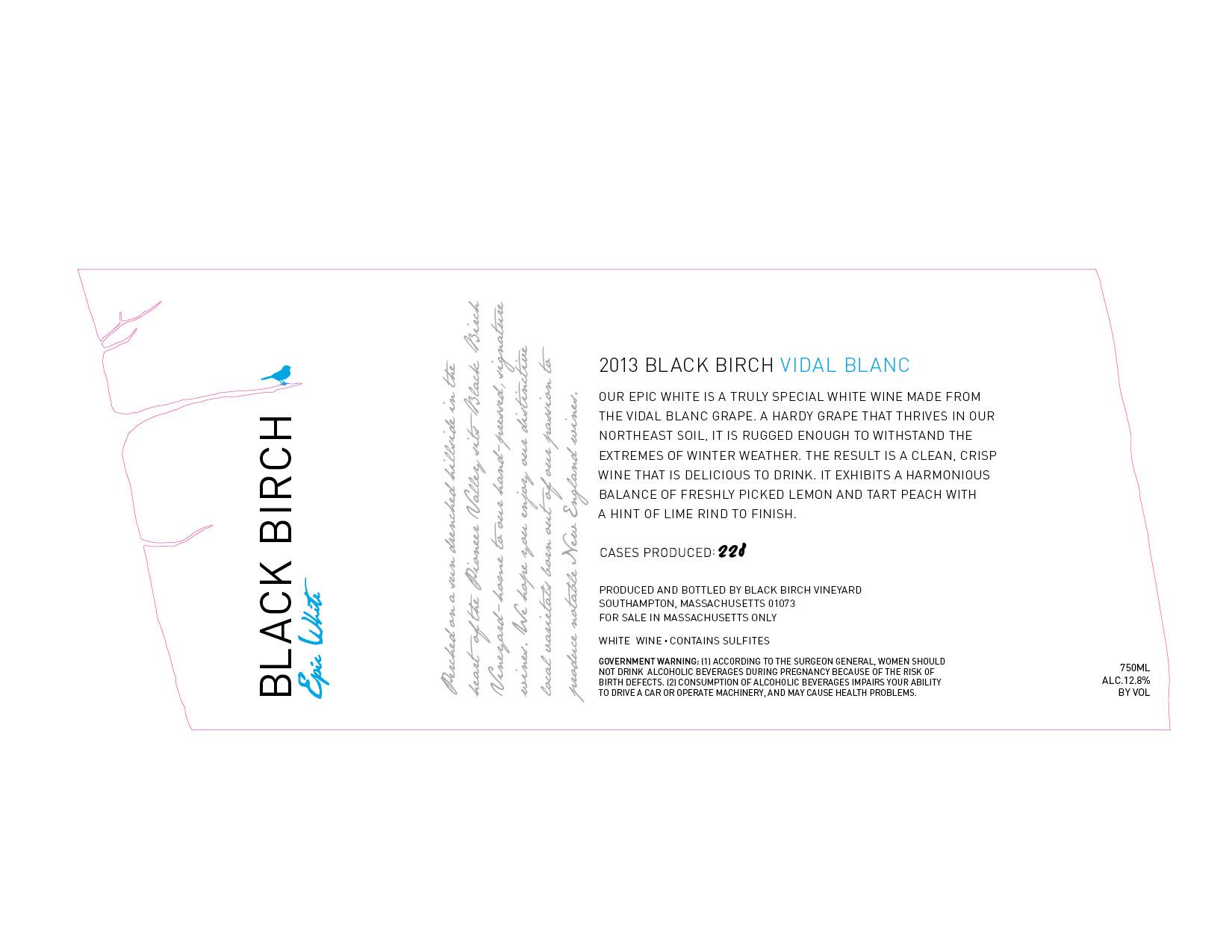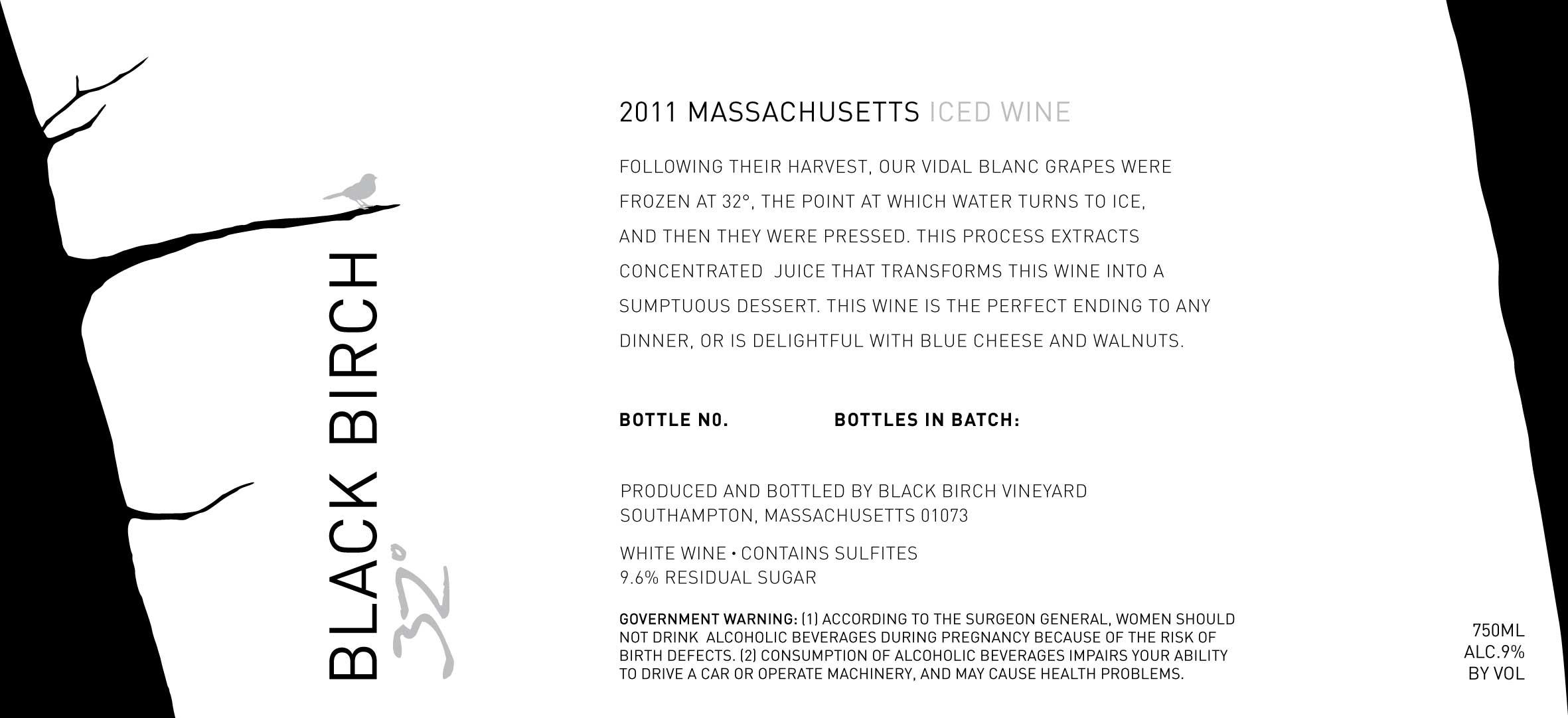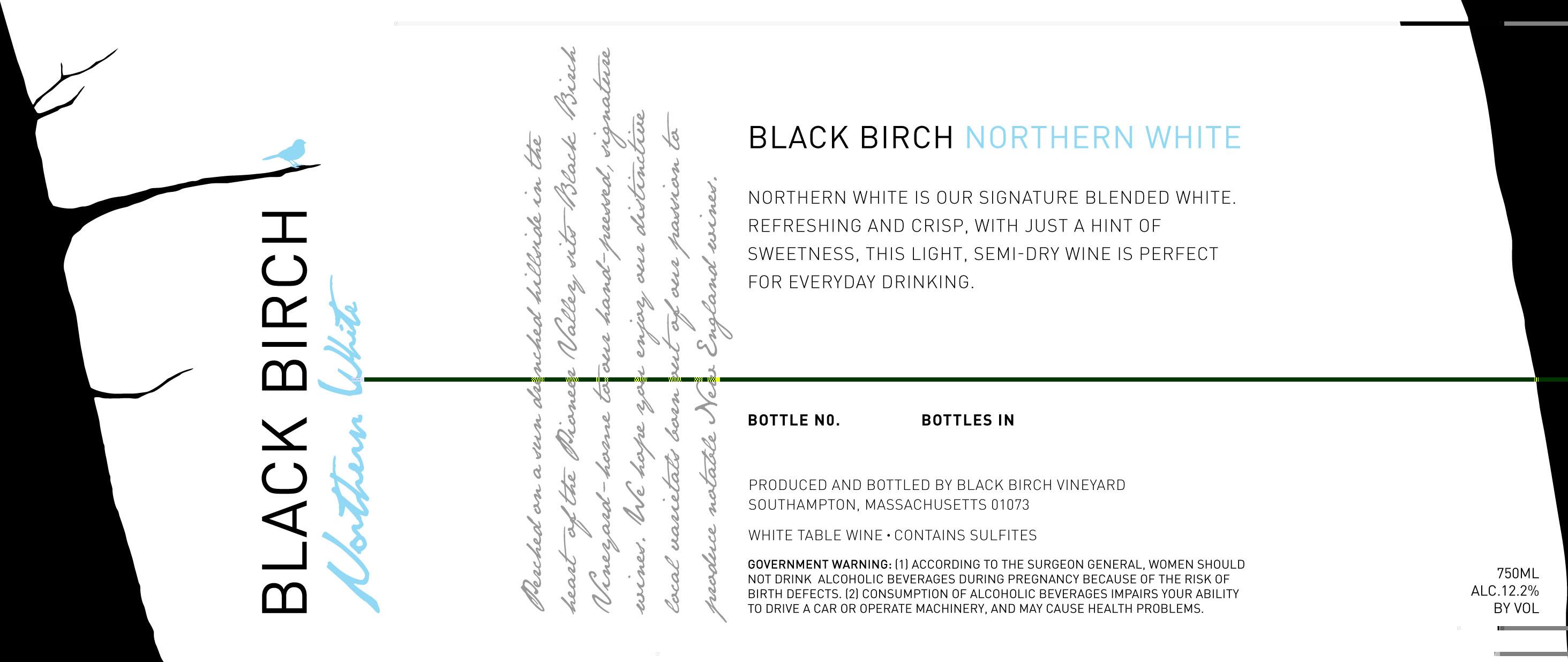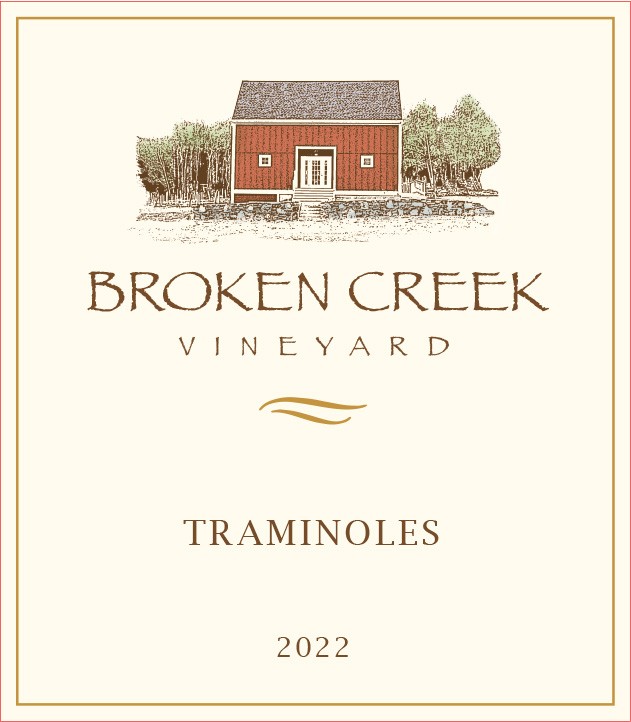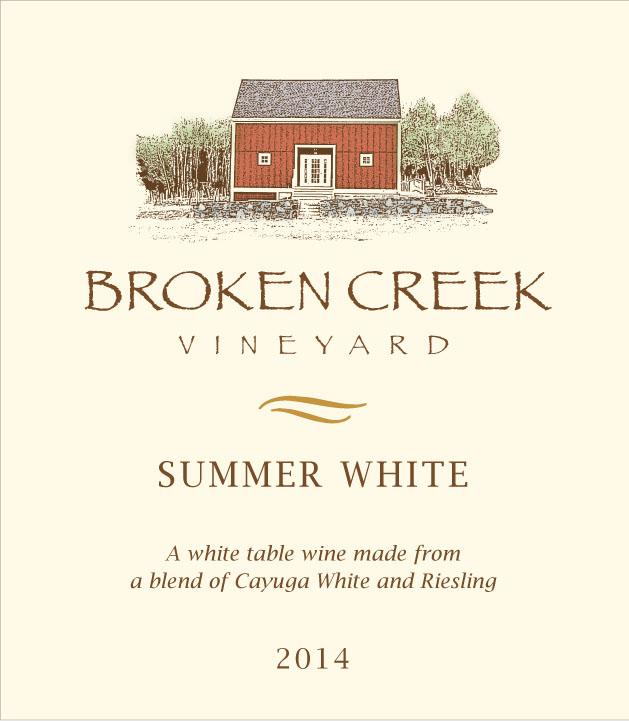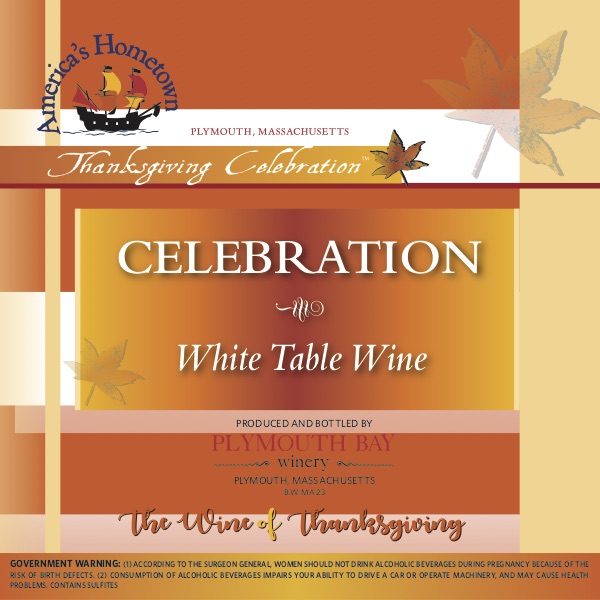Terroir of Massachusetts
Massachusetts' terroir is shaped by its cool northern climate, with the Atlantic Ocean moderating temperatures along the coast. This maritime effect, particularly from the Gulf Stream, shields coastal areas like Cape Cod from early frosts, making them perfect for Chardonnay and Pinot Noir. Inland, the climate is more continental, pushing growers to focus on hardy hybrids such as Marquette and Marechal Foch.
The state's diverse glacial soils, ranging from sandy coastal plains to rocky inland loams, add unique flavors to its wines. Coastal vineyards thrive on well-drained granite and sand, promoting balanced acidity and fruitiness. Inland areas use schist, shale, and clay-loam to give each vineyard a distinct character. Despite extreme weather, Massachusetts' growers adapt by using techniques to prevent frost and rot, resulting in wines with intense aromas, crisp flavors, and a reflection of the state's cool climate and ancient soils.
Notable Wineries in Massachusetts
Massachusetts is home to a variety of notable wineries, each contributing to the state's growing reputation in the wine world. Here are a few standouts:
-
Westport Rivers: Located on the South Coast, this family-run winery excels in méthode champenoise sparkling wines, with their “RJR Brut” even making it to the White House.
-
Truro Vineyards: Nestled at the tip of Cape Cod, they thrive in a maritime climate, producing award-winning reds and whites, including the popular Cape Cod Cabernet Franc.
-
Alfalfa Farm Winery: Situated in Topsfield, this winery uses French-American hybrids to create vibrant wines, showcasing the potential of cold-climate viticulture.
-
Running Brook Vineyard: Known for their Vidal Blanc and Chardonnay, this vineyard highlights the quality of South Coast wines.
-
Boston Winery: An urban winery in the Harbor district, they offer a diverse range of wines by sourcing top-notch grapes from across the country.
Sustainable Winemaking in Massachusetts
Massachusetts winemakers are deeply committed to sustainability, reflecting their long-term vision as many operate small, family-run vineyards. Integrated Pest Management (IPM) is a cornerstone practice, allowing vintners to control pests and diseases with minimal chemical use. The choice to plant hardy hybrid grapes like Marquette reduces dependency on chemicals while enhancing resilience against New England's humid summers. Soil health is maintained through cover cropping and composting, while water conservation is achieved with efficient drip irrigation and rainwater harvesting.
Beyond vineyards, some wineries integrate with diversified farms, promoting biodiversity and land preservation. Renewable energy is embraced across the state, with solar panels and recyclable packaging becoming more common. Social sustainability is also prioritized, with fair wages and local sourcing practices in place. This holistic approach ensures Massachusetts winemakers not only produce quality wines but also protect the environment for future generations.
Wine Tourism in Massachusetts
Massachusetts offers a rich wine tourism experience, blending scenic beauty with local flavors. Visitors can savor wines amid Cape Cod's sandy dunes or the Berkshires' rolling hills.
Many wineries, like Westport Rivers, provide year-round tours and tastings, often led by winemakers. Nashoba Valley Winery combines wine experiences with a farm-to-table restaurant and orchard walks.
The state features wine trails like the Coastal Wine Trail, connecting 14 wineries across scenic coastal areas. The Massachusetts Wine & Cheese Trail allows exploration of diverse regions, pairing local wines with artisanal cheeses.
Seasonal events, such as Westport's Sunset Music Series, enhance the experience with live music and local wines. Massachusetts wine tourism offers a boutique, educational adventure with opportunities to meet winemakers and learn about grape growing in New England's climate, making it an enticing destination for wine enthusiasts.




